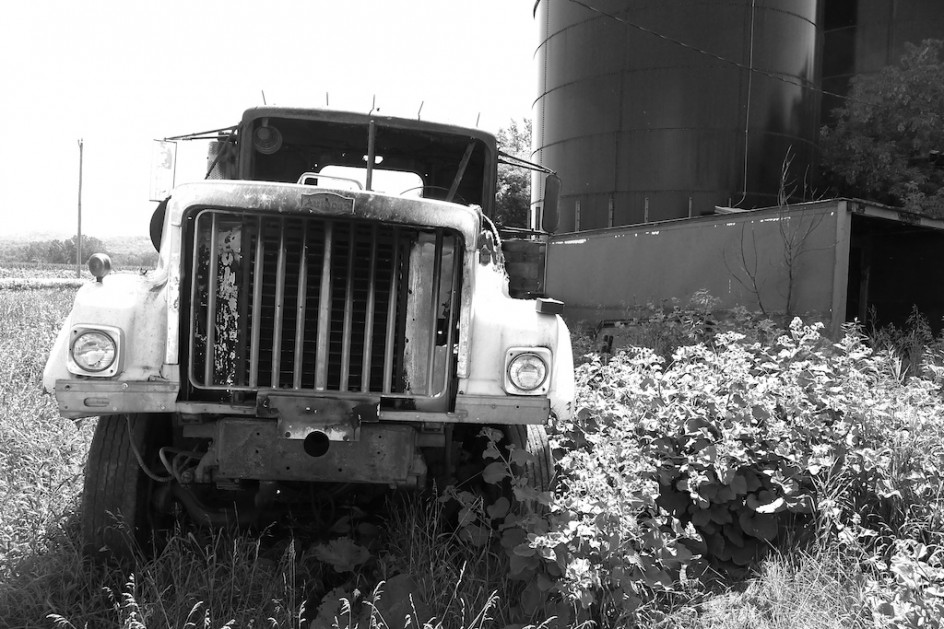
I was a bit surprised when my daughter Emma recommended that I read “The Hunger Games” by Suzanne Collins, as it is not really the kind of novel either of us generally read. The Dystopian thing is huge, growing and creative, but I have not been drawn to it. It seems too much like it’s mother, the news.
“Hunger Games” is the first of a wildly successful best-selling trilogy, a novel aimed at young adults but which has spread to a much wider audience. I couldn’t put the book down. It had the cleverest and most elemental of plots – two teenagers, boy and girl – are forced into a game of ritual sacrific by their evil and remote government which forces its captive districts to send their children up for ritual killing to show their submission. Their, on their own, they need to find themselves quickly amidst a brutal contest – produced as a live television show by their government, “The Capitol.”The heroine, Katniss, is very appealing – brave, vulnerable, smart. The book captures takes the idea of reality TV – pervasive in our culture – and elevates it to real horror.
I thought the writing pedantic, even clunky and despite all of the twists and turns, I never doubted the outcome for a second. You could see it coming a mile away, perhaps a reason the book feels so good. It is not a great book by any means, but a great read. You will not remember it in six months. But I will finish the trilogy. “Hunger Games” got me thinking to the Armageddon view that underlies so much of Dystopian literature. I don’t think I’ve ever read a novel that took a bright view of the future. I suppose heaven is the theological literary answer to Dystopianism (this view is big in movies also, think of Liam Neeson in “Gray.”) Younger people are flocking to dystopian literature in droves, and so are some great writers.
“Hunger Games,” like most books in the genre, leaves kids out on their own. Few adults to turn to, rarely any parents. Government is always evil, remote and relentless. Like anyone on the Hero’s Journey, they need to find themselves. An old story. The landscape is a wasteland of environmental ruin and social cruelty and catastrophe – hunger, rape, wanton brutality, rampaging and murderous animals. Why, I wonder, do we never imagine a better future? Why does a better future never capture our imagination as vividly? Why do we expect so little of our future selves? It seems to be human nature. And there’s a lot of money in it too.
I am fascinated by it. My life took a Dystopian turn a few years ago, when it almost completely fell apart. I was living in ruin, emotional and literal. I had entered this barren landscape, and was fighting for my life. At the time, I was devouring Joseph Campbell like a starving man finding food. As Thomas Merton had a decade earlier, he gave me fuel to keep going. Campbell wrote that all such visions – utopian, dystopian, political, left, right – are not reflections of the exterior world, but of our own interior world. Mirrors of our inner selves. Our spiritual choices.
For young people entering adolescence, the world is literally coming apart. Their bodies are changing, their parents no longer make sense or have all of the answers, they are alone and seeking their place in the world. Frightening stuff, I remember, even though I was to experience it again. Armageddon, wrote Campbell is an old story, each of us looking in the mirror, and it has little to do with what will happen to the world, one way or another.
“We keep hearing about the revolution around us all of the time,” wrote Campbell, “the revolution, the revolution, the revolution. Revolution doesn’t have to do with smashing something; it has to do with bringing something forth. If you spend all your time thinking about that which you are attacking, then you are negatively bound to it. You have to find the zeal in yourself and bring that out. That’s what’s given to you…The only place to look for blame is within: you didn’t have the guts to bring up your full moon and live the life that was your potential.”
I’m grateful for Emma’s recommendation. I do not see things like Dystopianism as good or bad. It is not an argument. Like our love of animals, I find it fascinating, revealing. We each find our own way, and seek what we need, and our paths often cross.
